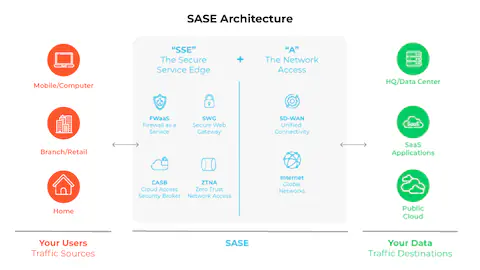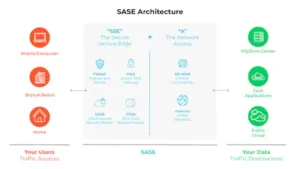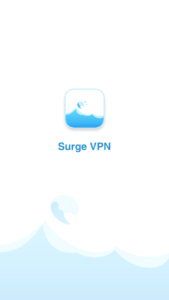“What Are the Best Alternatives to Zero Trust VPN?”

Zero Trust VPN (Virtual Private Network) has become a popular solution for securing remote work environments, but businesses are now exploring other alternatives that may offer better flexibility and performance. In this article, we’ll look at the top alternatives to Zero Trust VPN and evaluate how they can meet the needs of modern businesses.
Software-Defined Perimeter (SDP)
SDP is an advanced security model that limits access based on user authentication, device health, and other factors. Unlike a traditional VPN, which provides broad access to the network, SDP grants access only to specific applications or resources, reducing the risk of unauthorized access.
Key Advantages:
- Granular access control
- Enhanced scalability for large organizations
- Reduced attack surface compared to VPNs
Secure Access Service Edge (SASE)
SASE combines network security and WAN capabilities into a single service. It integrates secure web gateways, cloud access security brokers (CASBs), and firewall as a service (FWaaS). SASE enables secure access to applications regardless of location, making it a suitable Zero Trust VPN alternative.
Key Advantages:
- Cloud-based security for distributed workforces
- Simplified IT infrastructure
- Unified security policies across users and devices
Identity and Access Management (IAM) Solutions
IAM solutions focus on verifying user identities and ensuring proper access control. By using multi-factor authentication (MFA), single sign-on (SSO), and other security measures, IAM solutions offer a robust alternative to Zero Trust VPN, allowing businesses to protect critical data without relying on traditional VPN tunnels.
Key Advantages:
- Stronger user authentication
- Centralized access control management
- Reduces dependency on VPN infrastructure
Cloud-Native Network Security Solutions
Cloud-native network security solutions, such as cloud firewalls and secure network segmentation, offer an alternative to Zero Trust VPNs by securing connections without requiring VPN tunnels. These solutions provide flexibility for cloud-based infrastructures while maintaining strong security protocols.
Key Advantages:
- Designed for cloud-first businesses
- Easy to deploy and scale
- Integration with cloud applications and services
Conclusion:
When considering alternatives to Zero Trust VPN, businesses should weigh factors such as security, scalability, ease of deployment, and cost. While Zero Trust VPNs offer strong access control, alternatives like SDP, SASE, IAM solutions, and cloud-native security tools may better align with the evolving needs of modern organizations, especially those with a growing remote workforce or complex IT environments.







Post Comment